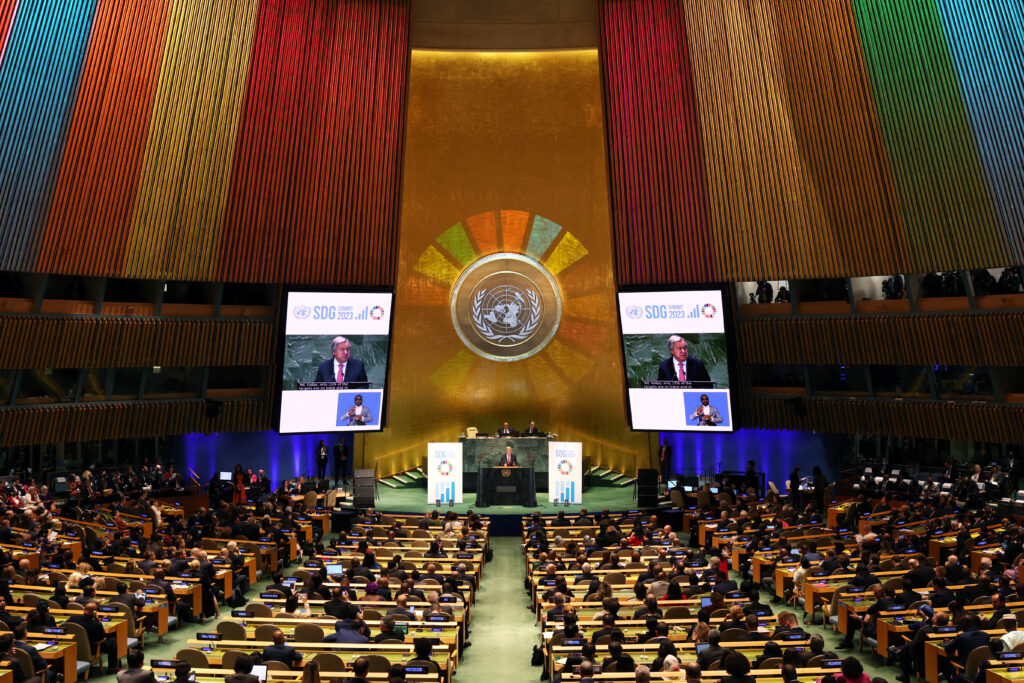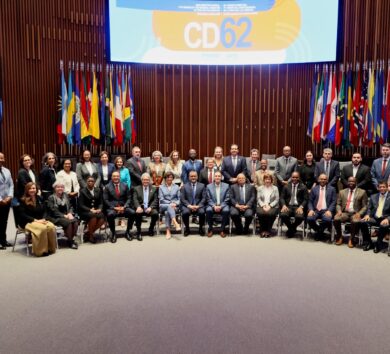

World leaders have expressed overwhelming support for the text of the first United Nations global political declaration on responding to noncommunicable diseases (NCDs) and mental health in an integrated manner.
The declaration, negotiated during a five-month intergovernmental process, will be considered at the 80th session of the UN General Assembly for final approval in October 2025.
The heads of state and government, as well as health ministers, met last Friday (September 26) at the fourth UNGA high-level meeting on noncommunicable diseases and mental health in New York City.
NCDs, including cardiovascular and lung diseases, cancer and diabetes, are the leading causes of death worldwide, claiming at least 43 million lives in 2021, including 18 million people aged under 70 years. Four in five (82 per cent) of these premature deaths occur in low- and middle-income countries. Mental health conditions affect over a billion people globally.
NCDs are increasing in every country, affecting every community, making them urgent issues for public health, productivity and sustainable economic growth.
The political declaration under consideration is titled “Equity and Integration: Transforming Lives and Livelihoods through leadership and action on noncommunicable diseases and the promotion of mental health and well-being”.
The declaration sets global targets to be achieved by 2030, including 150 million fewer tobacco users; 150 million more people with hypertension under control; and 150 million more people with access to mental health care.
It integrates lessons from the COVID-19 pandemic and responds to new global challenges, by broadening the set of NCD areas to include oral health, lung health, childhood cancer, liver disease, kidney disease, and rare diseases; expanding environmental determinants, including air pollution, clean cooking, lead exposure, and hazardous chemicals; and recognizing the evolving risk of digital harms from social media exposure, excessive screen time, harmful content, and the risks of mis- and disinformation.

It also contains a sharper regulatory focus on e-cigarettes, novel tobacco products, unhealthy food marketing to children, front-of-pack labelling, and the elimination of trans fats. Its commitments include the experiences and the needs of people living with NCDs and mental health conditions, climate-vulnerable populations, small island developing states (SIDS), and those in humanitarian settings.







Comments